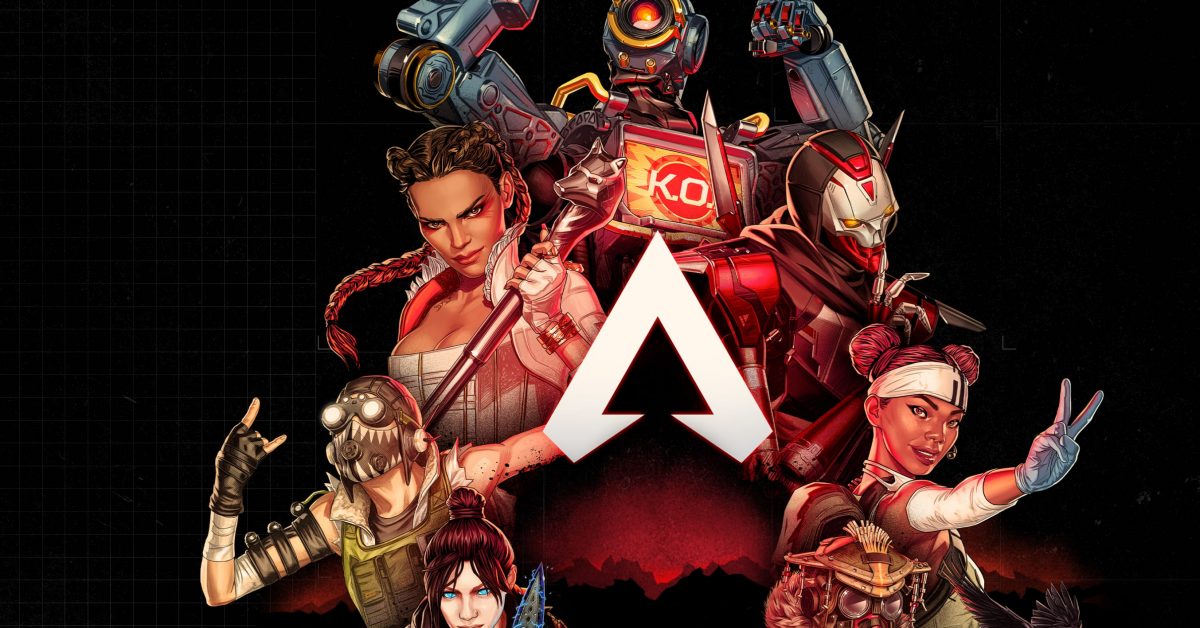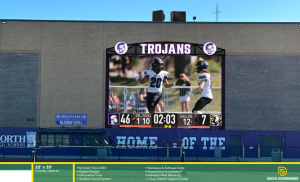The Video Game Market is Changing for the Worse
March 14, 2019

Apex Legends was unveiled and released on Feb 4 on Origin for free. Apex Legends had been worked on for two years by Respawn Entertainment. Endorsed by Electronic Arts, and developed by a legendary studio, Apex Legends had all the tools needed to succeed.
The free to play game went on to garner a two million player peak on its first live weekend, as well as gaining 25 million total players to date. Apex Legends is not a rare case in the subgenre of free to play games. The market for video games is becoming increasingly profitable.
Hollywood and other entertainment mediums are competing with the new surge in the market. The global film industry according to Statista is worth only $43 billion USD compared to the video game market’s 89 billion USD.
Free to play games are exactly what the name says they are. They are to free to download and sign up for. No payment is necessary to play.
Developers have found a relatively new way to monetize games that are free: microtransactions. Microtransactions are supposedly minor digital items that developers add into games to fund its lifecycle after release. Some forms are a guaranteed item purchase. This means that what you see is what you buying.
The most popular form, however, is a loot box. A loot box is a generalized term for a random number generator based system that selects an item for the player, all with different rarities. Loot boxes can be purchased with real money.
Consumers are encouraged to do this, along with buying higher tier chests which guarantee rarer items for an increased price.
Many gamers oppose microtransactions due to purchases fundamentally changing gameplay. For example, Call of Duty, a franchise known for its long history of shooters, has implemented weapons into the game that breaks skill based progression.
A player with the ability to spend money on loot boxes can get lucky just by being able to spend more money online.
Having loot box only weapons takes the skill curve in the game and breaks it. Many gamers, including myself, take issue with this. In free games, it seems somewhat justified. Microtransactions can support a developer and it’s free product.
However, this trend has infected full priced AAA releases. It has been abused by publishers who want to make more profit.
Holding game-changing content hostage behind a price is unfair to players that cannot afford to do the same. When consumers already spend $60 on a product, they should not have to have any remaining content locked behind a paywall.

























